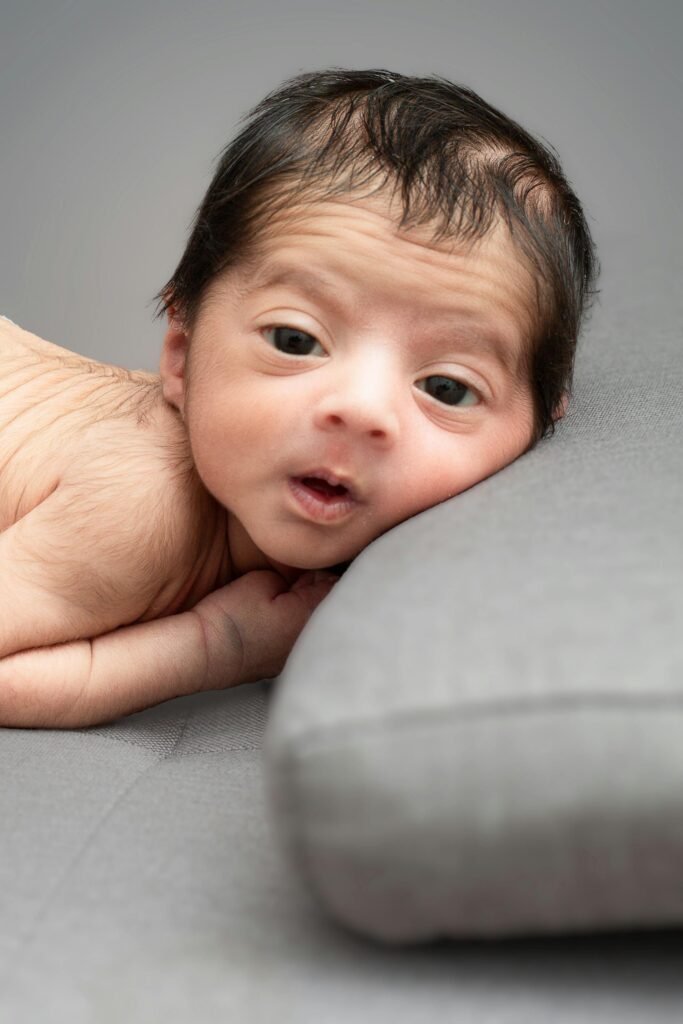Hiccups in babies after eating are common and usually harmless. They occur due to spasms in the diaphragm, often triggered by factors like overfeeding, eating too quickly, or swallowing air during feeding. The expanding stomach can press against the diaphragm, causing these spasms. Other causes include sudden changes in stomach temperature or gastroesophageal reflux disease (GERD) in some cases.
Three Do’s and Don’ts
Do’s:
• Feed Slowly and Burp Often: Pause during feeding to burp your baby, especially after every 2–3 ounces of formula or when switching breasts during breastfeeding. This reduces air intake.
• Hold Baby Upright After Feeding: Keep your baby upright for 20–30 minutes post-feeding to aid digestion and prevent hiccups.
• Use Proper Feeding Techniques: Ensure the bottle nipple is full of milk to minimize air swallowing, and use a nipple size appropriate for your baby’s age.
Click Here to read our related article on Baby Bottles, Teats, and Sterilizers: A Comprehensive Guide
Don’ts:
• Avoid Overfeeding: Feeding too much or too quickly can overstretch the stomach and trigger hiccups.
• Don’t Feed When Upset: Avoid feeding your baby when they are crying or agitated, as this increases air swallowing.
• Don’t Use Unsafe Remedies: Avoid adult remedies like startling or giving water to infants under six months, as these can be unsafe.
Medical Studies
• A study published in News Medical suggests that hiccups may play a role in brain development by triggering brain signals that help regulate breathing patterns in newborns.
• Research on GERD indicates that frequent hiccups could sometimes signal reflux issues, which may require medical attention if accompanied by symptoms like irritability or spitting up.
Items to Help Prevent and Manage Hiccups
• Anti-Colic Bottles: Designed to reduce air intake during feeding.
• Slow-Flow Nipples: Help control the feeding pace.
• Burp Cloths: Essential for burping breaks during feeding.
• Baby Feeding Pillow: Keeps your baby upright while feeding.
• Pacifiers: Sucking on a pacifier can relax the diaphragm and stop hiccups.
By adopting these strategies and tools, you can manage and reduce post-feeding hiccups effectively! Below are some products we strongly recommend our readers to benefit from.

